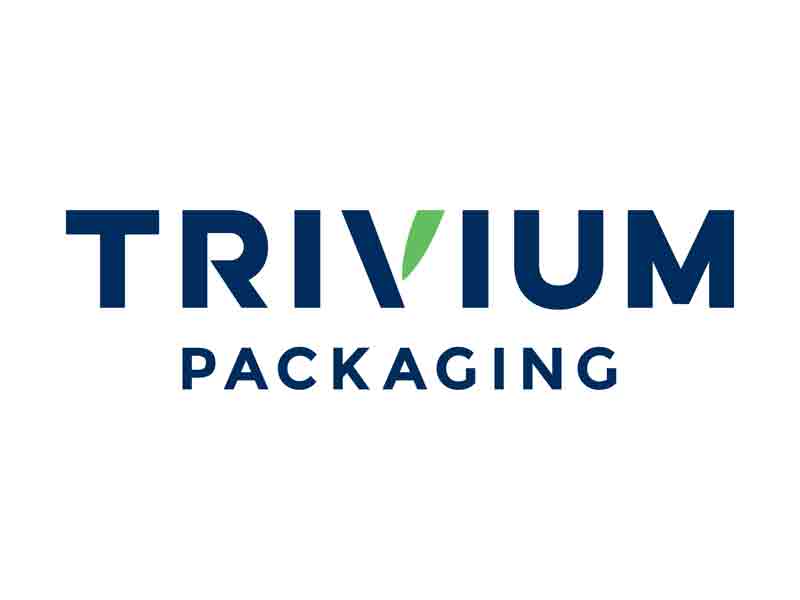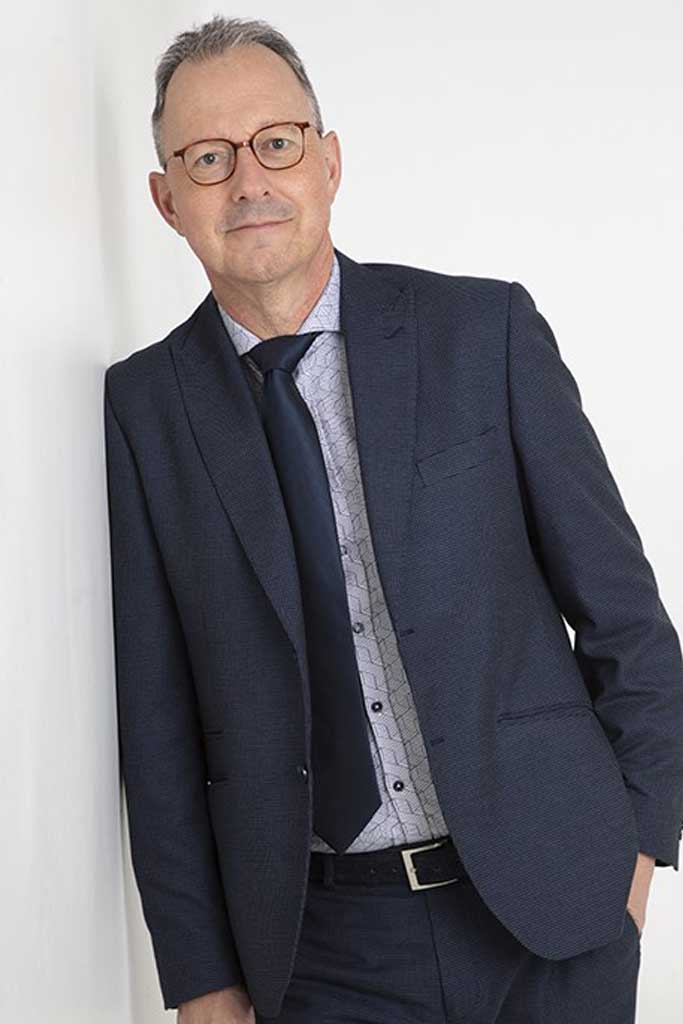
Tinplate packaging
Trivium Packaging
Tinplate packaging
Trivium Packaging in Deventer produces more than a billion cans and 2 billion metal lids for the food industry annually. That’s the equivalent of 13 times the weight in metal of the Eiffel Tower, enough cans if laid end-to-end to girdle the globe twice. Metal cans produced in Deventer are sold all over the world.
Trivium was created from the merger of Exal Corporation and Ardagh’s Global Food & Speciality, both giants in metal packaging. At more than 60 locations worldwide, nearly 8,000 employees work on innovative, sustainable, packaging solutions. The enterprise has a total turnover of 2.7 billion dollars and is divided into five sectors – Food, Seafood, Nutrition, Aerosol & Beverage, Paint & Coatings.
Jan de Bruin is the managing director of the Deventer factory, one of Trivium’s largest. It falls under the Food Sector and employs 400 workers. De Bruin knows the company inside out; he began as a controller, moved into production in 1996 and took over the top position in 2009. Various takeovers have ensured a stable future, including the advanced production line which presses cans from a single sheet of metal. “We are acutely aware of our social responsibility, such as the safety of our employees and health of the consumer,” says De Bruin. “We are an intricate part of the food chain and are subject to stringent controls that have to meet the BRC/IOP standard for food packaging. All our raw materials have FDA (US Food & Drug Administration) category 9 approval.”
Recycling, durability, innovation
Trivium is very conscious of the need to source sustainable raw materials. “We want to continue to satisfy consumer demand for innovative and sustainable products at a competitive market price”, says Jan de Bruin. “We waste as little as possible in the production process. The cans themselves can be recycled endlessly and fall into the category ‘permanent’ material. The Netherlands is a champion in recycling; 93% of all cans are melted down to produce new steel, which is then turned into another can, bicycle or some other metal object.
“Innovation is constant, such as lids with a ring pull that are easier to open, and cans that can be moulded into distinctive shapes by means of air pressure. Innovation demands time and thorough testing but it provides opportunities in a market that is continually changing”

